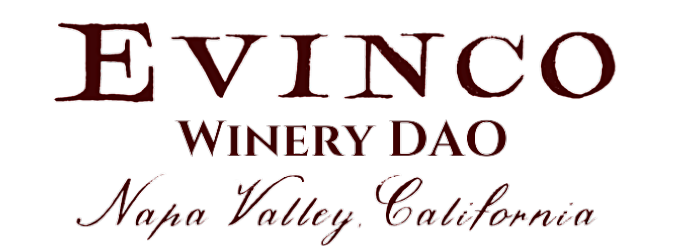The Benefits of a Decentralized Autonomous Organization (DAO)
What is a DAO?

Decentralized Autonomous Organizations (DAOs) have emerged as a groundbreaking concept in the world of blockchain and cryptocurrency. A DAO is an organization that operates on a decentralized network, governed by smart contracts and community consensus rather than a centralized authority. In this blog, we will explore the benefits of a DAO and how it is revolutionizing traditional organizational structures.
1. Transparency and Trust:
One of the key advantages of a DAO is the transparency it offers. All transactions, decisions, and operations are recorded on the blockchain, making them immutable and accessible to all participants. This transparency builds trust among members, as they can verify the integrity of the organization's actions and ensure that no fraudulent or malicious activities are taking place. The elimination of intermediaries and centralized control further enhances trust, as decisions are made collectively by the community.
2. Decentralization and Autonomy:
DAOs are designed to be decentralized, meaning that decision-making power is distributed among all participants. This ensures that no single entity or individual has undue influence over the organization. Decentralization also allows for greater autonomy, as members can propose and vote on changes, initiatives, and projects without the need for approval from a central authority. This empowers individuals and fosters a sense of ownership and responsibility within the community.
3. Efficiency and Cost Reduction:
Traditional organizations often involve complex hierarchies, bureaucratic processes, and high operational costs. DAOs streamline these processes by automating decision-making through smart contracts. This eliminates the need for intermediaries, reduces administrative overhead, and increases operational efficiency. Additionally, DAOs can leverage blockchain technology to automate tasks such as fund allocation, voting, and record-keeping, further reducing costs and improving overall efficiency.
4. Inclusivity and Global Participation:
DAOs are open to anyone with an internet connection, allowing for global participation and inclusivity. This breaks down geographical barriers and enables individuals from diverse backgrounds to contribute to the organization. Tokenization, a common feature of DAOs, allows for fractional ownership, enabling individuals to invest and participate in the organization's success regardless of their financial capacity. This democratization of ownership and decision-making creates a more inclusive and equitable ecosystem.
5. Innovation and Collaboration:
DAOs foster a culture of innovation and collaboration by encouraging members to contribute their skills, ideas, and expertise. The decentralized nature of DAOs allows for a diverse range of perspectives and talents to come together, leading to creative solutions and novel approaches. Collaboration is facilitated through voting mechanisms, forums, and communication channels, enabling members to work together towards common goals. This collaborative environment promotes continuous learning, growth, and the development of groundbreaking ideas.
Conclusion:
Decentralized Autonomous Organizations (DAOs) offer numerous benefits that are revolutionizing traditional organizational structures. From transparency and trust to decentralization and autonomy, DAOs provide a new paradigm for governance and decision-making. The efficiency and cost reduction achieved through automation, as well as the inclusivity and global participation enabled by DAOs, create a more equitable and accessible ecosystem. Furthermore, the culture of innovation and collaboration within DAOs drives continuous improvement and fosters a sense of ownership among members. As DAOs continue to evolve and gain traction, we can expect to see further advancements in organizational structures and the way communities come together to achieve common goals.


